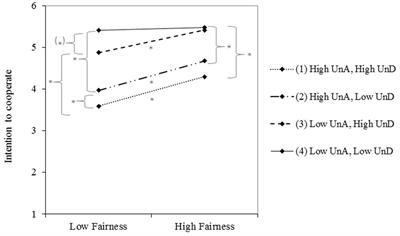EDITORIAL
Published on 27 Sep 2017
Editorial: Social Cognition, Motivation, and Interaction: How Do People Respond to Threats in Social Interactions?
doi 10.3389/fpsyg.2017.01577
- 10,469 views
- 19 citations
36k
Total downloads
201k
Total views and downloads
EDITORIAL
Published on 27 Sep 2017
ORIGINAL RESEARCH
Published on 30 Jun 2017

ORIGINAL RESEARCH
Published on 25 Oct 2016

ORIGINAL RESEARCH
Published on 18 May 2016

ORIGINAL RESEARCH
Published on 27 Nov 2015
ORIGINAL RESEARCH
Published on 16 Oct 2015
HYPOTHESIS AND THEORY
Published on 15 Sep 2015
ORIGINAL RESEARCH
Published on 21 Jul 2015
ORIGINAL RESEARCH
Published on 29 Jun 2015
ORIGINAL RESEARCH
Published on 27 May 2015
ORIGINAL RESEARCH
Published on 27 May 2015
ORIGINAL RESEARCH
Published on 18 May 2015